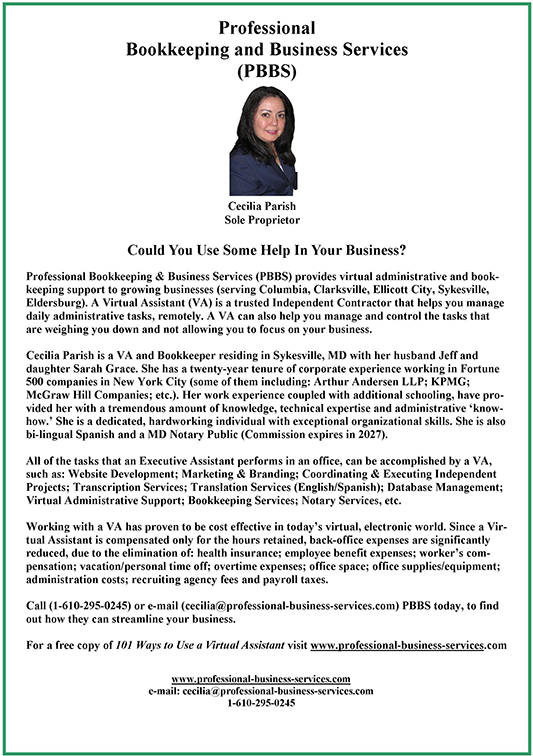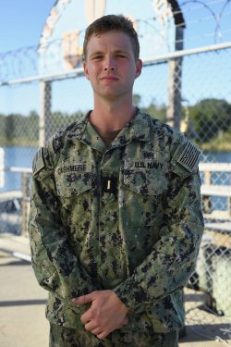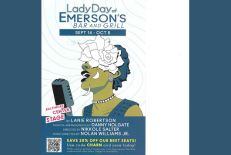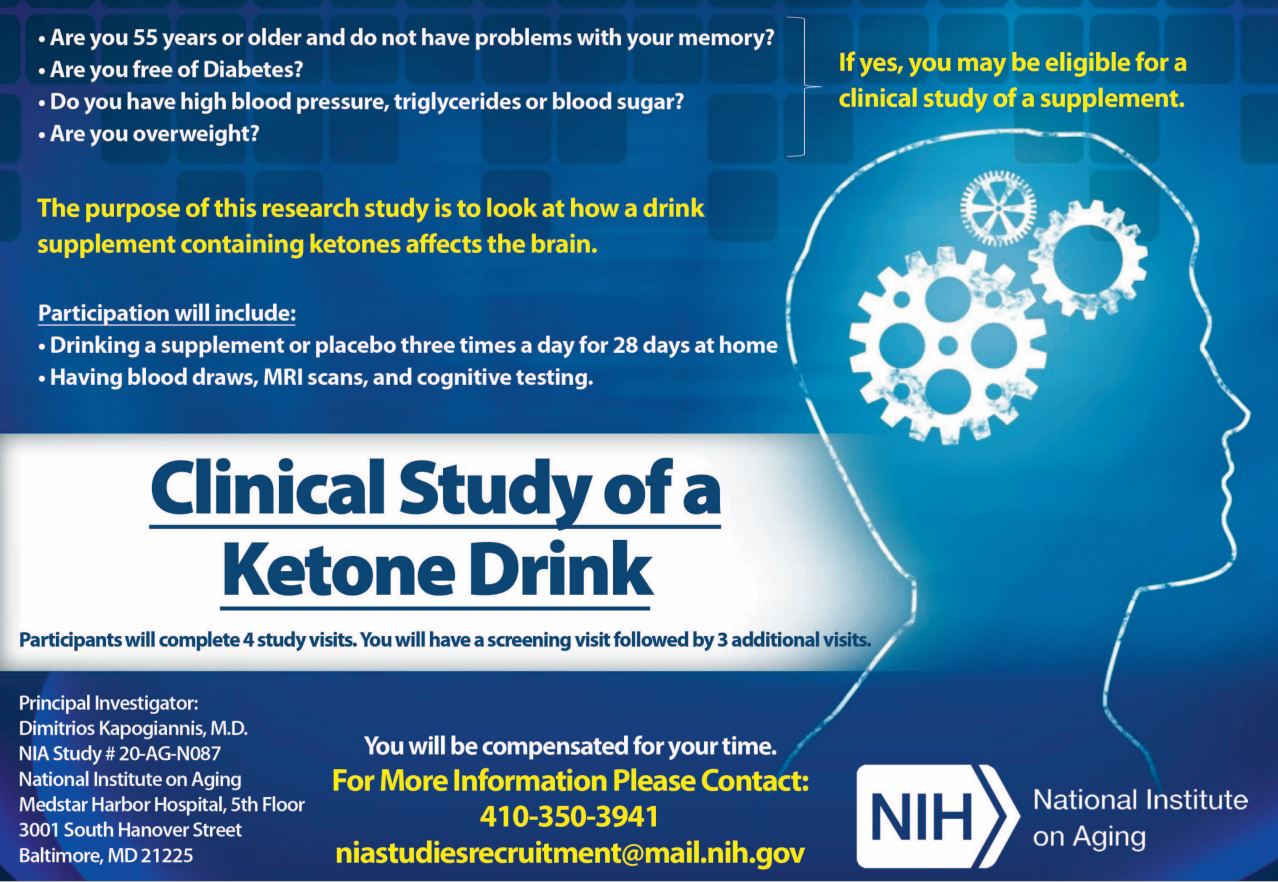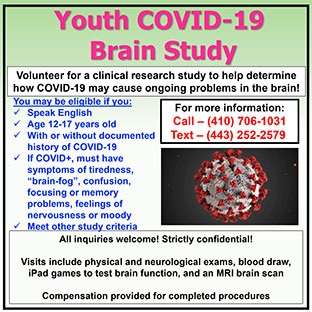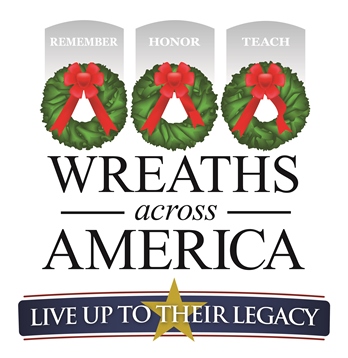
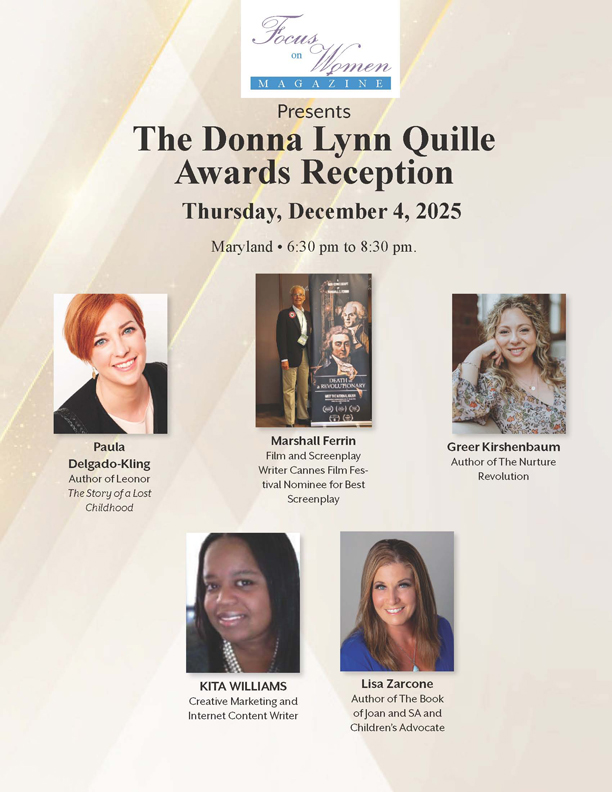
The Donna Lynn Quille Awards Reception
Presented by Focus on Women Magazine—December 4, 2025

From Heritage to Future: Why Latinas Are Central to America’s Success
Judy Pino | DC Journal | September 17, 2025

Domestic Violence Survivor Support
Norton & TechSoup offer knowledge and digital tools to protect survivors of domestic abuse, human trafficking, and sexual assault.


Start Your IT/Cybersecurity Career in Just 9–12 Months
Despite explosive job growth, only 24% of cybersecurity jobs are held by women, a statistic that has barely moved in decades. PC AGE wants to change that.

The Power of Forgiveness: Why a Psychologist Advises Letting Go (and a Free Workbook to Get Started)
By Stephanie Friedman




Egypt’s Ping Pong Scandal: Olympic Athlete Reveals Wrongdoings by National Association
By Shereif Barakat - Image Credit: Omar Assam/Instagram

About Us
Focus on Women Magazine is the most relevant, engaging and interesting magazine to hit the newsstands. They understand women’s lives and their need to balance caring for a family, succeeding in the highly competitive business world and offering up their strengths to make a difference through nonprofits or community organizations.
They know that women want to succeed both personally and professionally while also often tending to the world’s struggles and greatest social and economic problems. The magazine reinforces that women should not settle and should always strive to excel and enhance every aspect of their lives with courage and conviction. They also should never forget their best feature which they should never leave home without, a smile.


Latest Articles
The Addiction Nobody Talk$ About
10 Small Business Grants for Women Entrepreneurs
MARCH / APRIL 2023
Focus on Women Magazine is the most relevant, engaging and interesting magazine to hit the newsstands. They understand women’s lives and their need to balance caring for a family, succeeding in the highly competitive business world and offering up their strengths to make a difference through nonprofits or community organizations.
Bethesda native serves at Naval School Explosive Ordnance Disposal
Red Cross facing a national blood shortage
In Step With Owner and Founder, April Odendahl, Children Matter Therapy 4 Kids
Lady Day at Emerson’s Bar and Grill
NORMALIZING ABUSE – GROOMING THROUGH KINDNESS
2023 Walter Cronkite award winners investigate untruths and consequences
Publisher Statement

Publisher, Focus on Women Magazine





